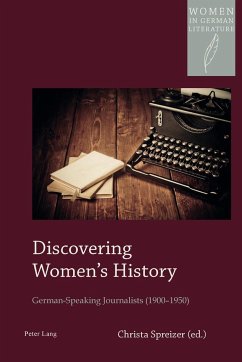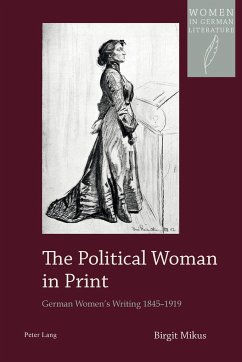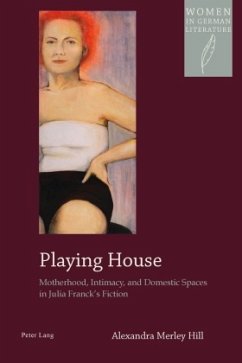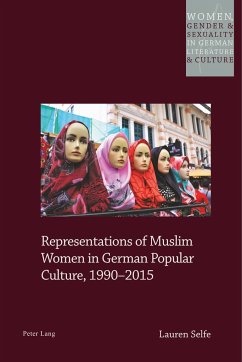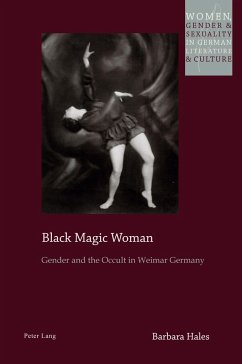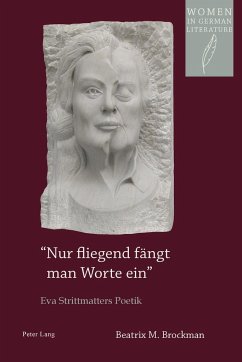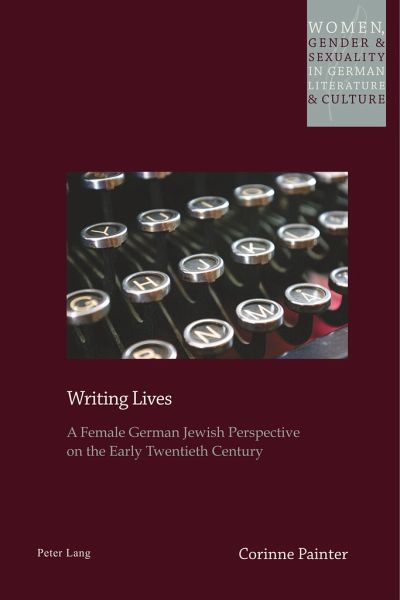
Writing Lives
A Female German Jewish Perspective on the Early Twentieth Century
Herausgegeben: Watanabe-O'Kelly, Helen
Versandkostenfrei!
Versandfertig in 6-10 Tagen
67,20 €
inkl. MwSt.
Weitere Ausgaben:

PAYBACK Punkte
0 °P sammeln!
This book introduces the works of a German Jewish female author and provides a detailed analysis of the early twentieth century as she witnessed it. Although a prolific writer and leader in the women's movement, Clementine Krämer (1873-1942) is relatively unknown today. Krämer's life and works offer a fascinating insight into a challenging period for this community, as she experienced at first hand moments of enormous significance for Germany's history: the First World War, the German Revolution of 1918, the polarisation of German political life andthe growth of the far right, and the rise t...
This book introduces the works of a German Jewish female author and provides a detailed analysis of the early twentieth century as she witnessed it. Although a prolific writer and leader in the women's movement, Clementine Krämer (1873-1942) is relatively unknown today. Krämer's life and works offer a fascinating insight into a challenging period for this community, as she experienced at first hand moments of enormous significance for Germany's history: the First World War, the German Revolution of 1918, the polarisation of German political life and
the growth of the far right, and the rise to power of the National Socialists in the 1930s. Rather than focusing on one period, this book examines the full range of Krämer's writings to uncover continuities and changes over her lifetime.
The book explores the following questions: how did Krämer understand herself and her role in light of her German Jewish identity? How did she challenge societal expectations for women and what limits did she perceive? How did she respond to the violence facing German Jews during this time? This important contribution to the scholarship reveals a fresh perspective on this tumultuous time in German history.
the growth of the far right, and the rise to power of the National Socialists in the 1930s. Rather than focusing on one period, this book examines the full range of Krämer's writings to uncover continuities and changes over her lifetime.
The book explores the following questions: how did Krämer understand herself and her role in light of her German Jewish identity? How did she challenge societal expectations for women and what limits did she perceive? How did she respond to the violence facing German Jews during this time? This important contribution to the scholarship reveals a fresh perspective on this tumultuous time in German history.






